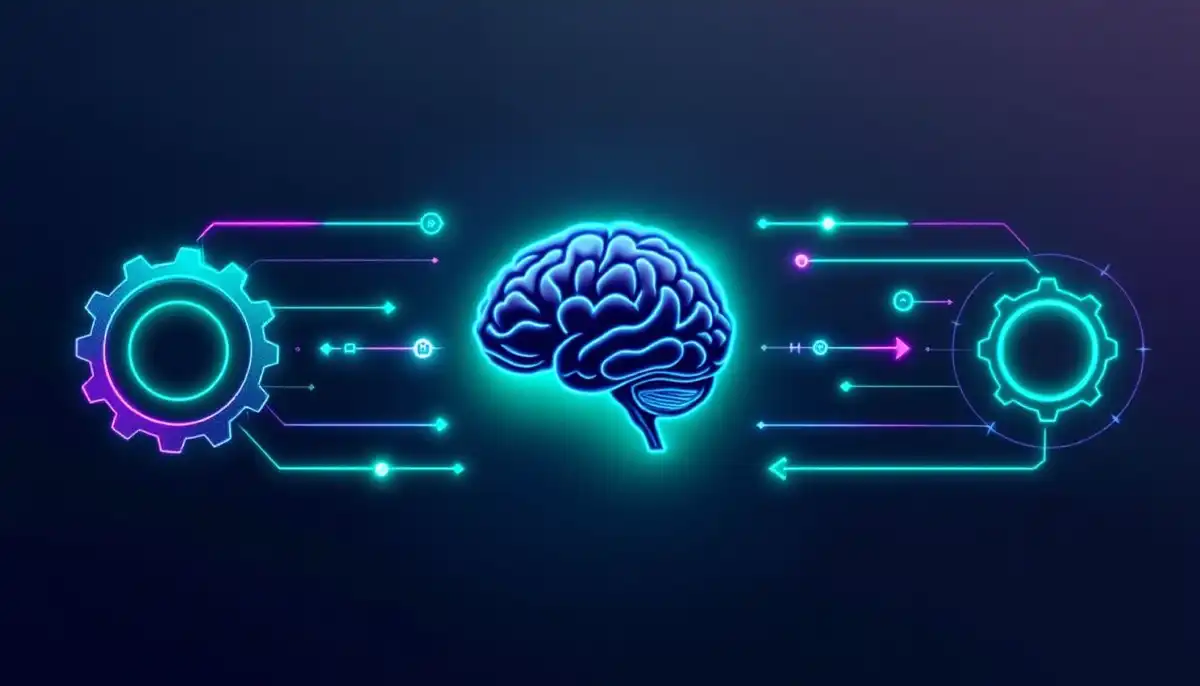-

·
Enhancing LLM Capabilities with Tree of Thoughts
The Tree of Thoughts (ToT) framework represents a significant advancement in the capabilities of language models (LMs) for complex problem-solving. By enabling LMs to explore multiple reasoning paths and self-evaluate their decisions, ToT enhances traditional capabilities beyond simple sequential processing. This document provides an in-depth exploration of the ToT framework, its theoretical foundations, algorithm design,…
-

·
Self-Generated In-Context Learning
Self-Generated In-Context Learning (SG-ICL) represents a transformative approach in the field of artificial intelligence, particularly in natural language processing. By leveraging pre-trained language models (PLMs) to autonomously generate contextual demonstrations, SG-ICL significantly reduces the dependency on external datasets, allowing AI systems to adapt to new tasks without extensive retraining.
-

·
Understanding Large Language Models
This document explores the capabilities and limitations of Large Language Models (LLMs), particularly focusing on their ability to attribute beliefs in narrative contexts. By examining cognitive processes relevant to AI development, we provide insights into how these models can be optimized for more effective human-like interactions.
-

·
Enhancing Language Models for Knowledge Retrieval
Language models (LMs) are pivotal in various AI applications, particularly in natural language processing (NLP). However, the effectiveness of these models is often hampered by the reliance on manually crafted prompts for querying, which can lead to suboptimal performance. This paper explores innovative techniques for prompt generation that enhance knowledge retrieval from LMs.
-

·
Swarm: Agent Orchestration Framework
Swarm is an experimental, educational framework designed to explore ergonomic, lightweight multi-agent orchestration. It focuses on making agent coordination and execution lightweight, highly controllable, and easily testable.
-

·
Enhancing Large Language Models with SLEICL
This document presents a comprehensive overview of the Strong LLM Enhanced In-Context Learning (SLEICL) methodology, which leverages the capabilities of strong language models to enhance the performance of weaker models. By utilizing innovative sample selection methods and effective grimoire generation strategies, SLEICL enables AI engineers to deploy adaptable models that can efficiently handle a variety…
-

·
TurtleBench: A Dynamic Benchmark
TurtleBench introduces a novel approach to evaluating the reasoning capabilities of Large Language Models (LLMs) through dynamic, user-interaction-based datasets. This paper outlines the methodology, system architecture, and practical applications of TurtleBench, providing AI engineers with insights into optimizing model performance and ensuring robust, real-world applicability.
-

·
Reasoning by Reversing Chain-of-Thought
The RCOT (Reversing Chain-of-Thought) method is a novel approach designed to enhance the reasoning capabilities of large language models (LLMs) by addressing factual inconsistencies in their outputs.
-

·
Least-To-Most Prompting for Enhanced Reasoning
This paper presents the least-to-most prompting technique as a novel approach to enhance reasoning capabilities in AI systems, particularly in large language models (LLMs). By effectively decomposing complex problems into simpler subproblems, this method facilitates improved generalization and problem-solving performance.
-

·
Optimizing Few-Shot Learning with Example Reordering
This paper presents an innovative approach to enhancing few-shot learning in natural language processing (NLP) through example reordering, utilizing genetic algorithms. The proposed method, PERO (Prompting with Examples in the Right Order), demonstrates significant improvements in model performance, particularly in scenarios where data scarcity is a challenge.
Category: Generative AI (General)
Generative AI: Revolutionary technology creating original content from data. Explore text, image, and audio generation, along with its applications in art, design, and problem-solving.
